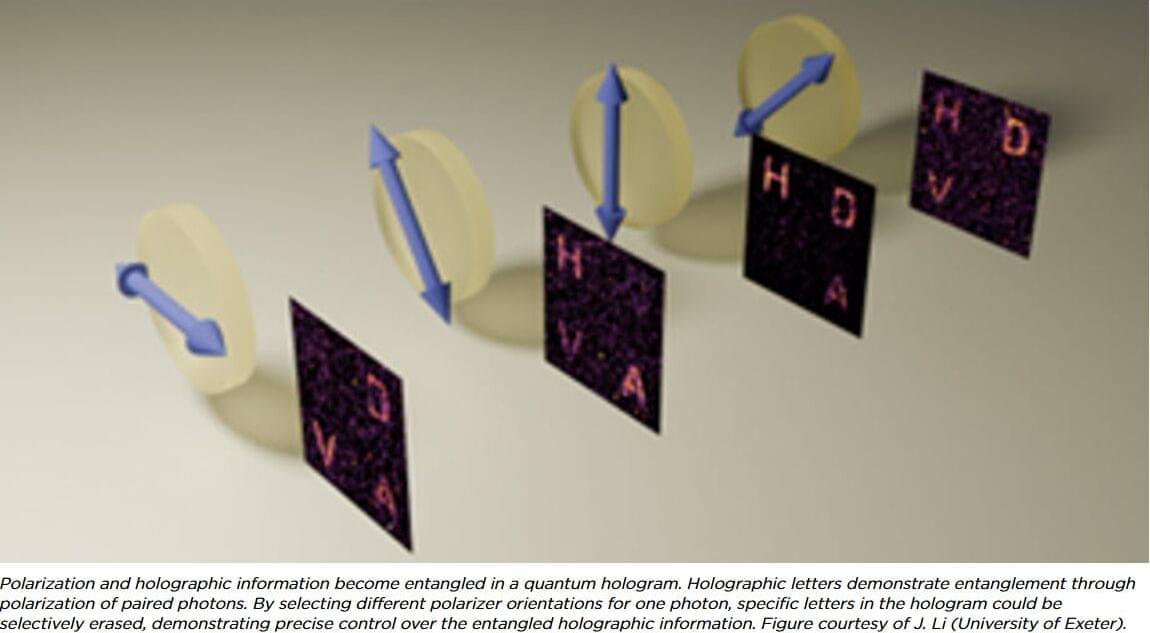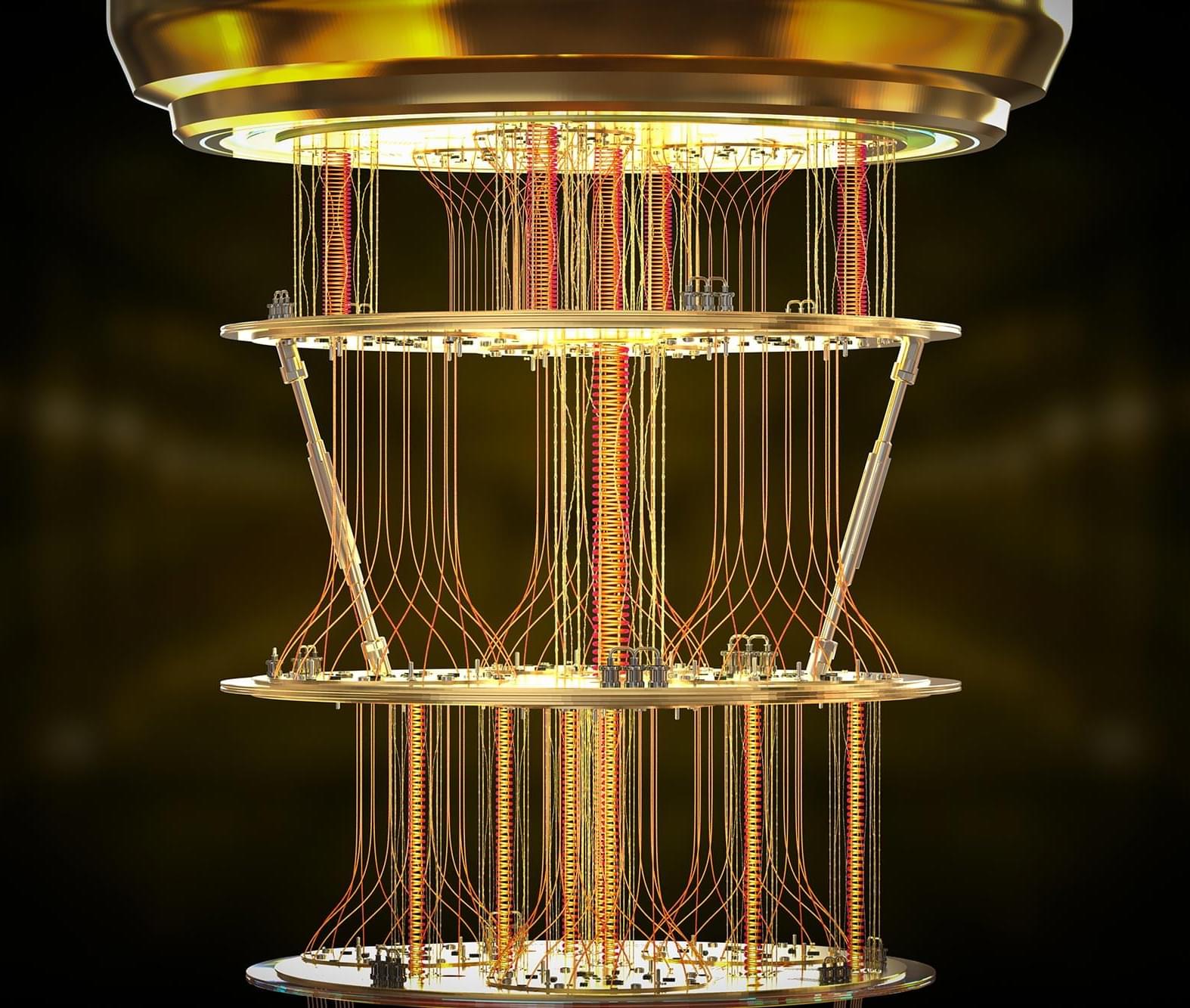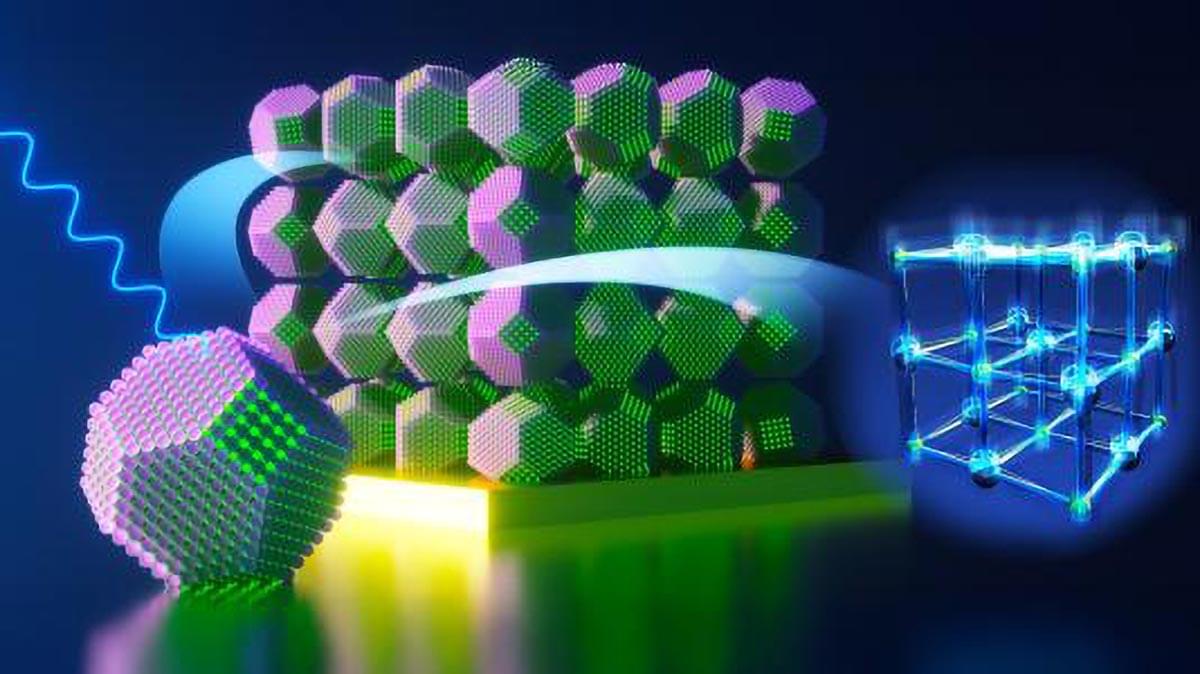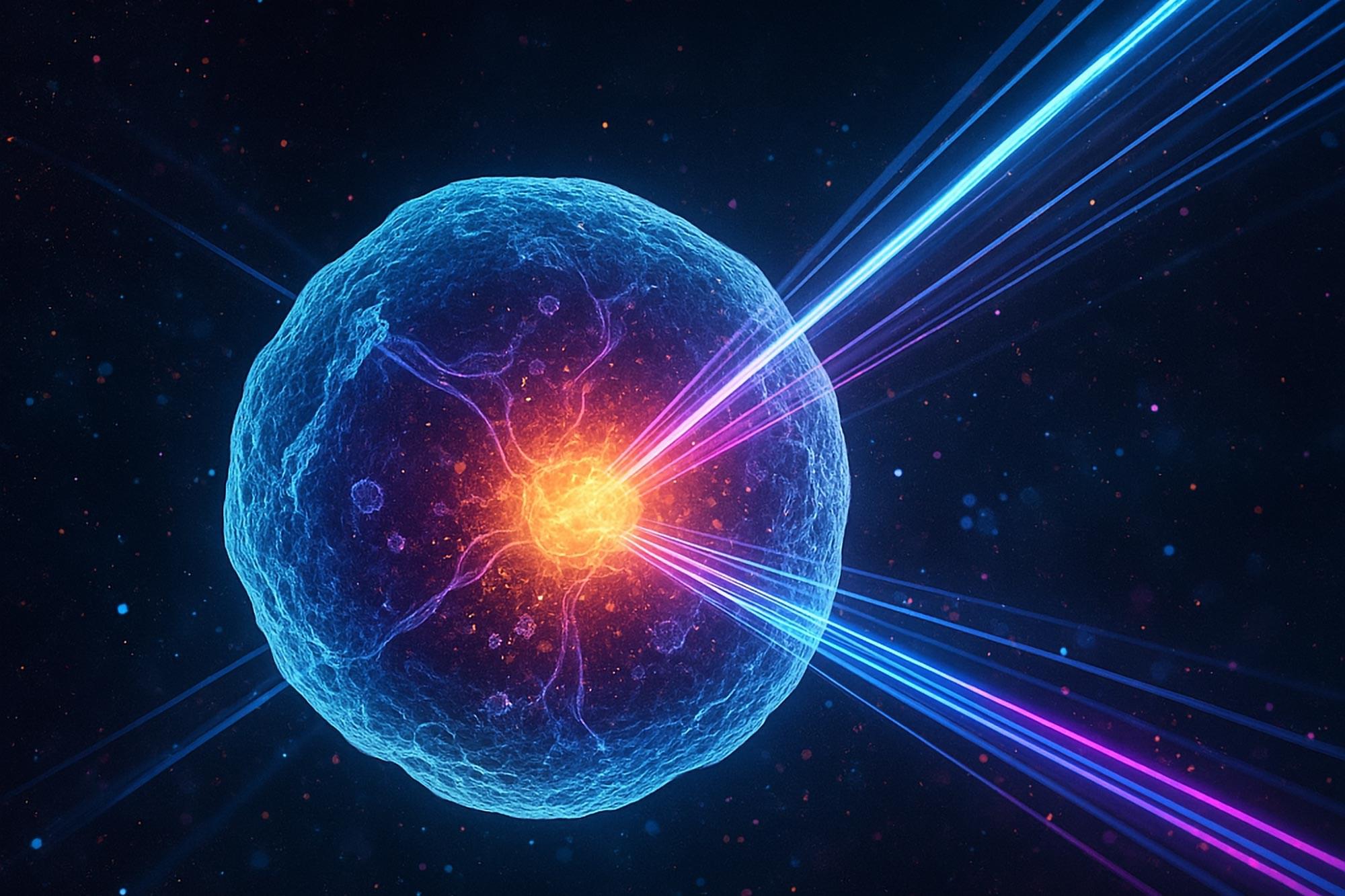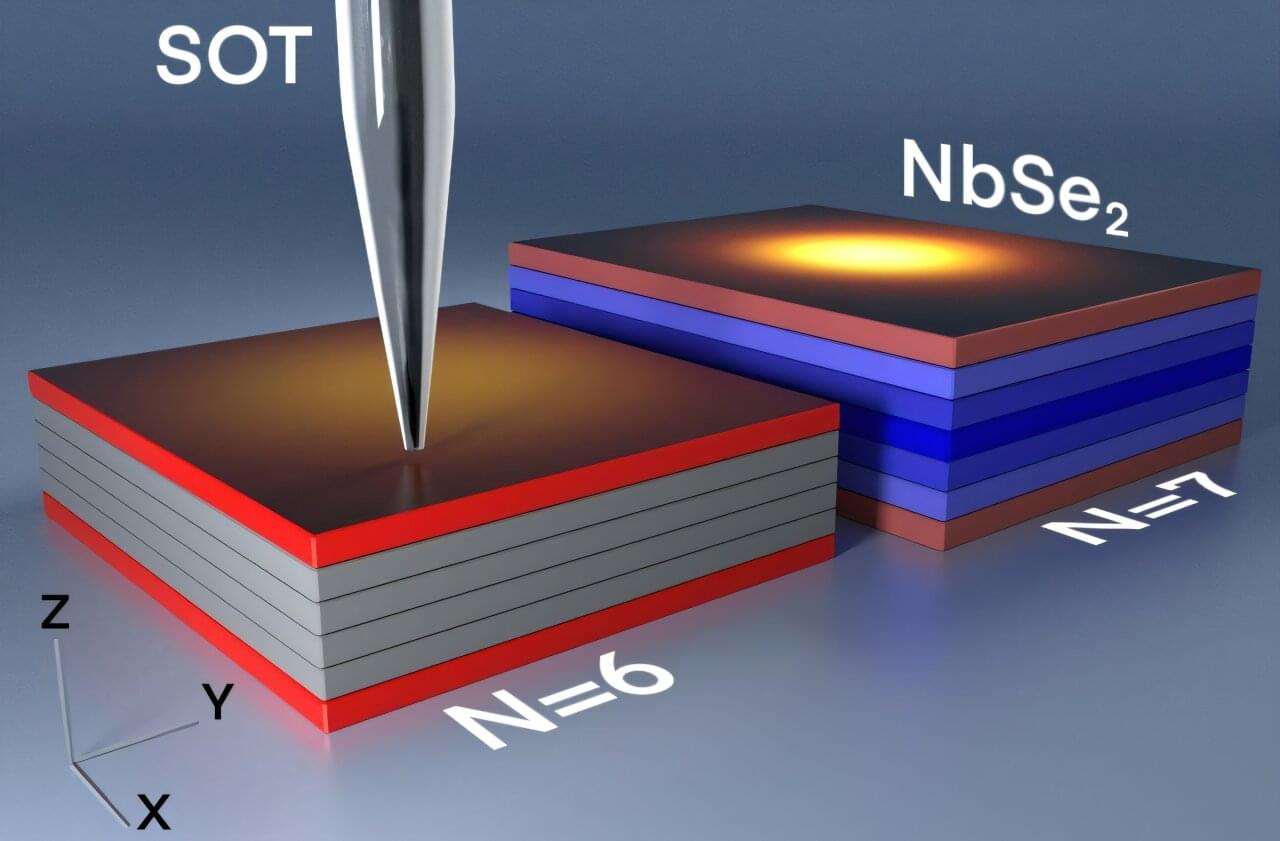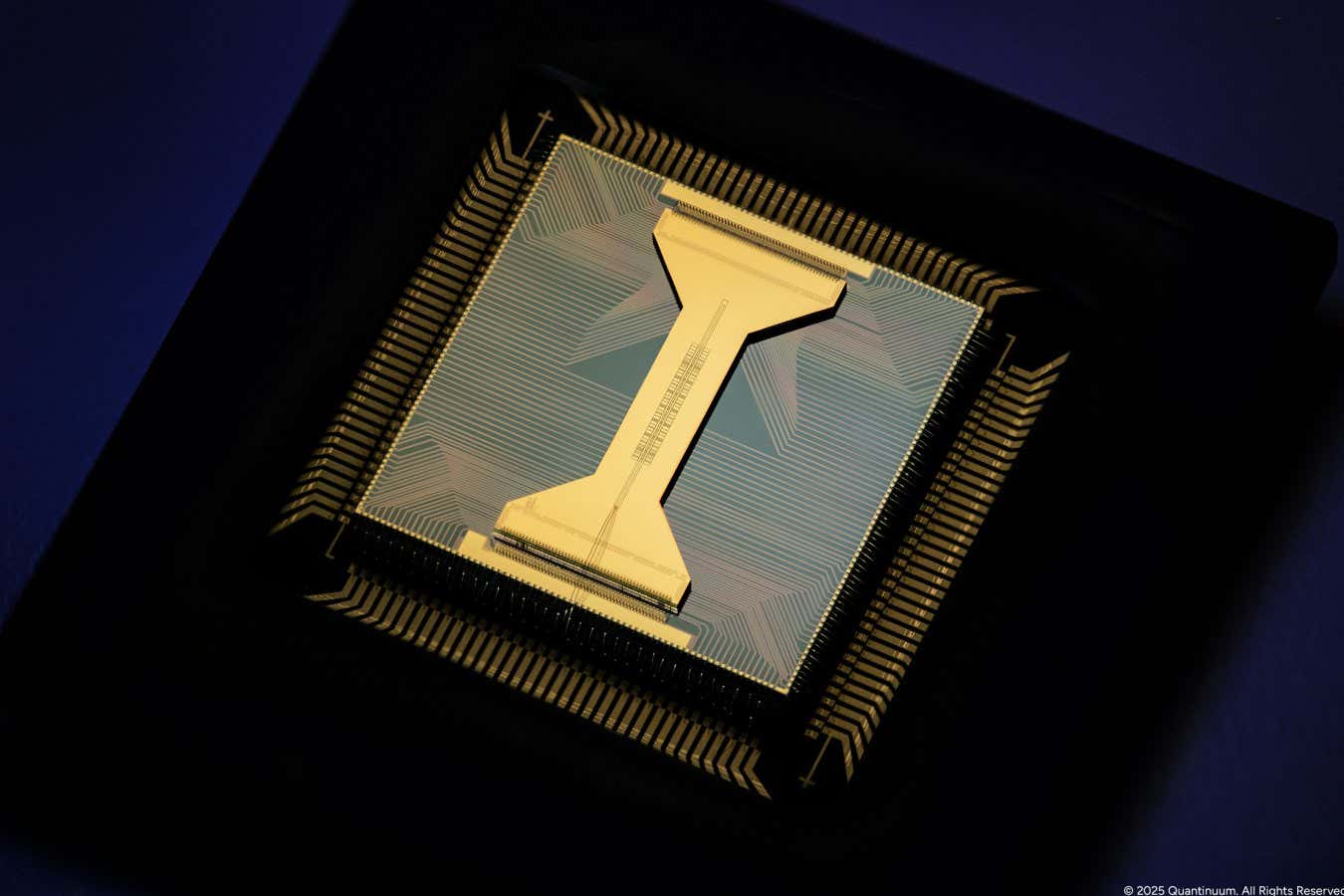Such findings wouldn’t have been possible using the traditional resistivity approach. “We demonstrate that the magneto-thermopower detection of fractional quantum Hall states is more sensitive than resistivity measurements,” the researchers note.
“Overall, our findings reveal the unique capabilities of thermopower measurements, introducing a new platform for experimental and theoretical investigations of correlated and topological states in graphene systems, including moiré materials,” Ghahari concluded.
Hopefully, these findings will help us realize the true potential of the FQH effect. However, whether the same approach could be used to detect other exotic quantum states remains to be explored through further research.


